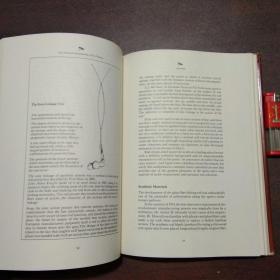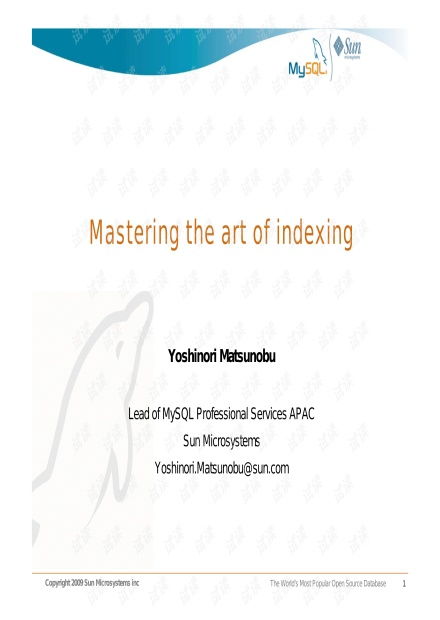Content:
Embarking on the journey to become a fishing expert is an exciting endeavor that requires patience, practice, and a willingness to learn. Whether you're a beginner looking to hone your skills or an experienced angler aiming to elevate your game, the following tips and techniques will help you transform into a seasoned fishing pro. So, let's dive into the world of angling and discover how to become a fishing master.
Understand the Basics
Before you can master the art of fishing, it's crucial to have a solid foundation. Here are some essential basics to get you started:
- Fishing Gear: Familiarize yourself with the different types of fishing gear, including rods, reels, lines, hooks, lures, and bait. Each piece serves a specific purpose, so choose the right equipment for your fishing environment and target species.
- Types of Fishing: There are various fishing techniques, such as fly fishing, spinning, baitcasting, and ice fishing. Each method requires a different approach and equipment. Research the types of fishing available in your area and choose the one that interests you the most.
- Fishing Laws and Regulations: Make sure you are aware of the local fishing laws and regulations, including size and catch limits, seasonal restrictions, and fishing permit requirements.
Learn the Art of Casting

Casting is a fundamental skill that every angler must master. Here are some tips to improve your casting technique:
- Choose the Right Rod: The length and action of your rod should match your casting style and target species. Practice with different rods to find the one that suits you best.
- Perfect Your Grip: Hold the rod with a comfortable grip, ensuring that your thumb is positioned on the reel seat. This will provide you with better control and leverage.
- Practice Casting: Spend time practicing your casting technique in an open area. Focus on casting with different distances and angles to develop a consistent and accurate cast.
- Learn to Control Your Line: The key to successful casting is controlling your line. Practice casting with different amounts of line out to get a feel for how much line you need for various distances.
Master Bait Presentation
The way you present your bait or lure to the fish can make or break your chances of a successful catch. Here are some tips to improve your bait presentation:
- Understand Fish Behavior: Research the habits and preferences of the fish you're targeting. This will help you understand how to present your bait in a way that appeals to them.
- Use the Right Bait: Whether you're using live bait or artificial lures, make sure it matches the natural prey of the fish you're trying to catch.
- Adjust Your Technique: Depending on the water conditions and fish behavior, you may need to adjust your bait presentation. For example, in clear water, you may need to use a more subtle approach, while in murky water, a more aggressive presentation might be more effective.
- Experiment with Lures: If you're using artificial lures, try different colors, sizes, and actions to see what the fish respond to best.
Develop Patience and Observation Skills
Fishing is as much about patience as it is about skill. Here are some tips to help you develop the patience and observation skills necessary for success:
- Be Patient: Fishing often requires waiting for the right moment. Don't get discouraged if you don't catch anything right away. Patience will pay off in the end.
- Observe Your Surroundings: Pay attention to your surroundings, including the weather, water conditions, and the behavior of the fish. This information can help you make informed decisions about your fishing strategy.
- Learn from Mistakes: Analyze your unsuccessful attempts to identify what went wrong. This will help you improve your technique and increase your chances of success in the future.
Continuously Learn and Adapt
The world of fishing is vast and ever-evolving. To become a true expert, you must be willing to learn and adapt:
- Take Lessons: Consider taking lessons from a seasoned angler or joining a fishing club to gain valuable insights and tips.
- Read and Watch Tutorials: There are countless resources available, including books, magazines, and online tutorials, that can help you improve your fishing skills.
- Experiment with New Techniques: Don't be afraid to try new techniques and approaches. Experimentation can lead to unexpected discoveries and improvements in your fishing abilities.
By following these tips and techniques, you'll be well on your way to becoming a fishing master. Remember, the key to success is a combination of knowledge, practice, and a love for the sport. Happy fishing!












